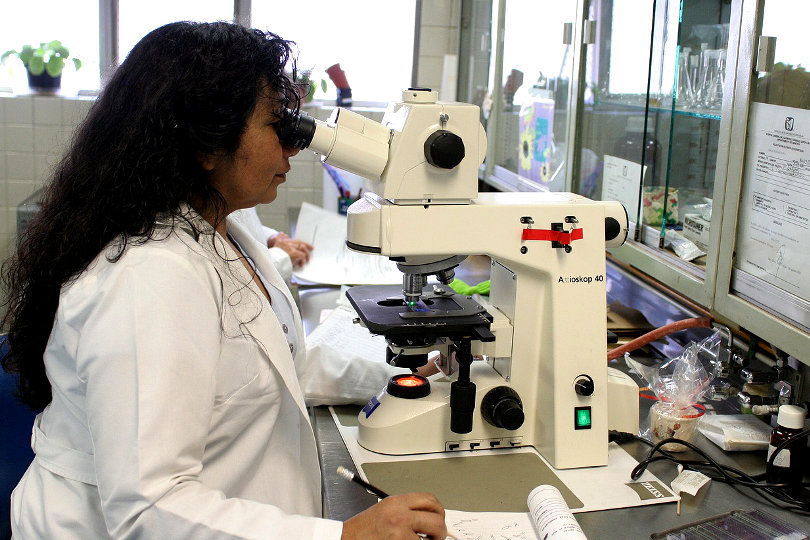Covid-19 has changed the world. The pandemic has literally transformed industries, and pharmacy is no exception. There are challenges, particularly with regard to asset and brand planning, and the pharma industry needs to re-plan and re-prioritize strategies to cope with the uncertain future.
According to the experts from Cello Health, there are 5 major changes in the pharmacy industry since the Covid-19 pandemic came about.

1. Asset and brand planning teams need to identify the challenges and shift focus
At a time when unpredictable changes become the new normal, pharma companies need to take on some complex challenges. Public health perception is a matter of focus and brand planning teams need to identify how people define value in the future. According to Jon Bircher, the chief commercial officer, Cello Health, brand planning should involve evaluating the investments in oncology and rare diseases as against an enhanced focus on infectious diseases and vaccines. Their implications certainly impact the way drug companies and the pharmacy industry as a whole is looking to invest.
According to Carl Engleman, Vice President, Cello Health Consulting, choices and decisions should be made, while the timing and inputs to these are critical to sail through uncertainty. It is time for the planning teams to think through challenges, such as clinical development plans and promotional models, to name a few.
2. Challenges for the new biotech companies
Small and first launch biotech companies need to reassess their organizational strategy. With Covid-19 restrictions all over the place, several operations are considerably affected. Say for example, recruitment and onboarding, resource allocation, financing etc. Carl also says the perception about investment risk is changing while the biotech companies should deliver more on their follow-on assets when their first launch is impacted.
Covid-19 has also changed the assumptions of small biotech companies. Their assumption of achieving a definite market price and reaching physicians according to their plan should be re-assessed. Most importantly, these pharma companies need to think through manufacturing and supply decisions. Smaller biotechs generally focus on niche populations but Covid-19 has changed all that. With industry focus now shifting to global population health, self-commercializing with niche populations may not be possible says Jon.
3. Need to make careful strategic decisions
While it is not possible to predict the future precisely, the pharmacy industry is considering exploring possible scenarios and making quick, wise decisions to avoid regretting in the future. There is need for adaptable and robust planning, and delivering success regardless of how the future unfolds. The industry should be prepared for the uncertain times ahead. Scenario learning is the need of the hour, say Jon and Carl.

4. Thinking through the extremes
The brand planning teams of the pharmacy industry need to see the future in more than one way. Surprises and changes will still rule, at least over the near future. The industry needs to therefore consider potential opportunities and issues, and develop plans to navigate through the extreme consequences. Even minor elements should be considered and strategies developed in order to successfully deal with the uncertain future, says Jon. Further, the Covid-19 pandemic has wreaked serious impacts on access to stakeholders and market value perception. Pharma companies need to work on shifting focus and retaining their stakeholders’ trust in a restricted environment.
5. Immediate approach to scenario planning
The pharma industry, like any other industry needs to reconsider their planning assumptions by involving all cross-functional teams. Key questions can be redefined and subject matter experts should be called in to analyze different perspectives in depth. Finally, Carl says, tangible scenarios should be developed to better understand the consequences.
It is also equally important to develop dynamic strategies based on the information on hand. In addition, teams need to re-examine and evolve as they learn. Ultimately, scenario learning is all about making bold, confident and informed decisions after considering the appropriate viewpoints, as well adapting to the unexpected circumstances.




